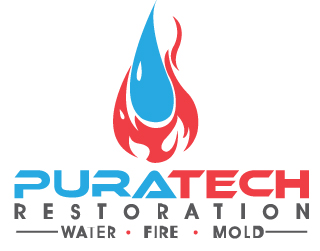In the 1960s, the first coronavirus was identified to cause the “common cold” and said to be “reminiscent of a solar corona.” It was given the name “Coronavirus 229E.” Since then, scientists have discovered six other coronavirus strains. Four of the seven cause what are typically known as “cold” symptoms; and the other three (MERS-CoV, SARS-CoV and SARS-CoV-2 ) tend to produce more severe bronchial infections.
Severe Acute Respiratory Syndrome Coronavirus 2 (“SARS-CoV-2”) is the latest coronavirus strain discovered. It is (appropriately) known as CoVid – 19 .
Both flu (Influenza) and cold (Coranavirus) strains are in the family of RNA viruses, and differentiated/ classified by unique protein markers.
RNA Viruses, unlike Retroviruses (like HIV), do not alter DNA; however the nuclei of SARS-CoV-2 are probably somewhat more dense than typical RNA viruses, which is concerning. .

